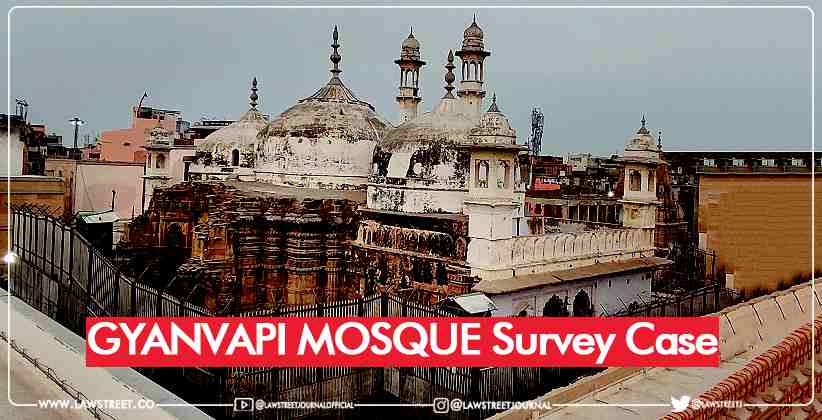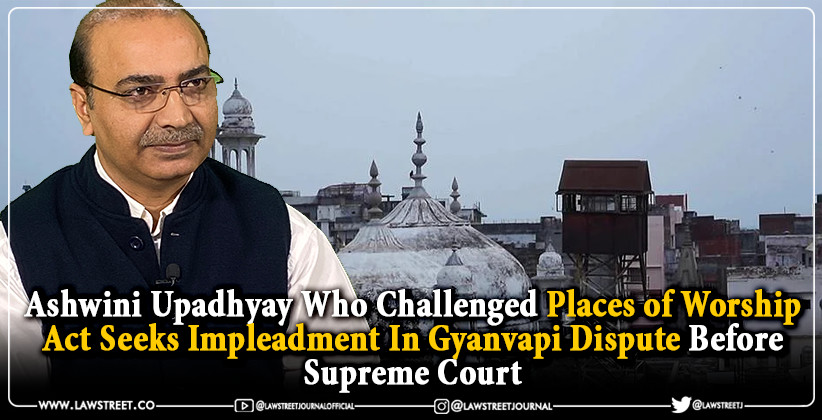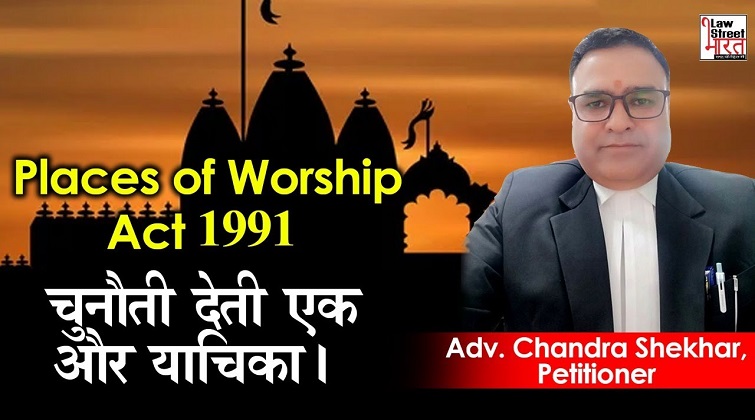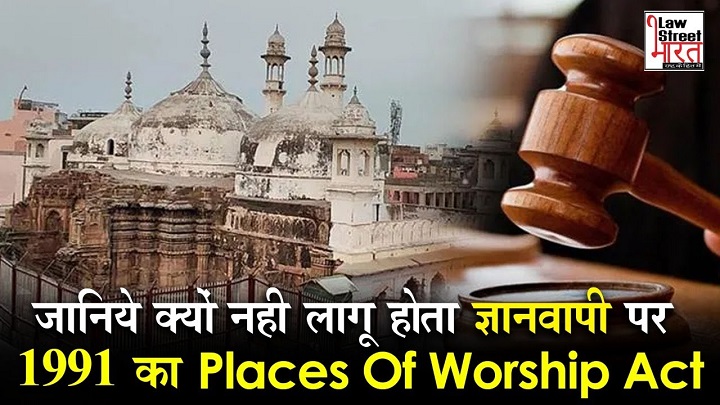The Varanasi district court has on September 8 granted four more weeks time to the Archaeological Survey of India to complete the scientific survey of the Gyanvyapi mosque complex and submit its report.
District Judge A K Vishvesh pronounced the order extending the deadline in view of an application moved by the ASI.
In an order on July 21, the court had directed the ASI to carry out the survey on the premises of the 17th-century mosque, located next to the Kashi Vishwanath Temple, to determine whether it had been constructed over a pre-existing Hindu temple.
The survey began on August 4 after the Allahabad High Court upheld the district court order, which gave the ASI time till September 4 to survey the entire complex except the wuzukhana and submit its report.
The ASI, on September 2, filed an application in the Varanasi court seeking an extension of eight weeks to file the report as it needs time to remove debris covering the original features of the structure.
The Anjuman Intezamia Masjid Committee, caretakers of the mosque, had opposed the application stating that the ASI was going against the court's orders by digging up the place.
The orders for the survey had been given taking on record an undertaking made on behalf of the ASI that no excavation work would be carried out at the site and no damage would be caused to the structure.
On August 4, rhe Supreme Court allowed the scientific survey at the Gyanvapi complex and rejected a plea by Anjuman Intejamia Masjid Committee Varanasi to stay the Allahabad High Court's August 3 order.
We are unable to differ with the view of the high court.we reiterate the direction of the high court that there shall be no excavation, the bench had then said.
The top court directed that the entire survey be carried out through non-invasive methods and also there should be no excavation or damage to the walls or structure of the mosque.
The high court had recorded a statement of a senior Assistant Director General of the ASI Alok Tripathi that no excavation at the mosque complex will take place.
The top court had declined to consider a contention that the survey was against the spirit of the Places of Worship Act, 1991 which mandated maintaining character of religious places as prevailed on August 15, 1947.













